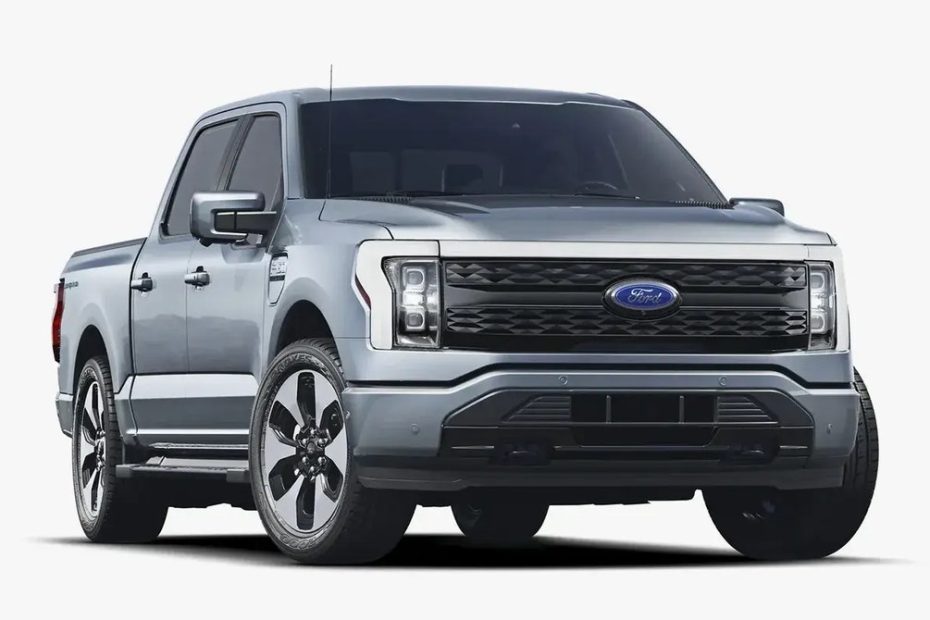Even early adopters and people who want to reduce their carbon emissions,2 emissions drop as some electric vehicles depreciate by 50 percent in the first year.
Automakers are feeling the pressure, too. In a press release, Ford said it would broaden customer choices as it “adapts its rollout of pure electric vehicles to deliver a capital-efficient, profitable electric vehicle business.” It also noted that Chinese automakers “have favored cost structures including vertical integration, low-cost engineering, advanced multi-energy battery technology and digital experiences.”
By scrapping the three-row SUV and delaying the introduction of a next-generation pickup, Ford hopes to limit the losses from its previously ambitious all-electric plan.
“It comes down to understanding the customer, understanding how this is going to change over time,” Lawler said in this morning’s press conference. “It’s about giving them the choices that fit their duty cycles and their needs, and that’s giving them the options between fully battery electric vehicles and hybrid technologies.”
Future Fords must make money
Lawler, who was let down by fate, said Ford would not bring electric cars to market in the future unless they were profitable within 12 months.
“We are launching multiple electrified vehicles in Europe this year,” Ford said in a statement, referring to the EU-only Ford Explorer EV and the Capri, built on the same platform borrowed from rival VW’s ID.4. “We are adapting the company’s North American vehicle roadmap to offer a range of electrification options designed to accelerate customer adoption, including lower prices and extended ranges.”
Ford's statement added that “dozens of new electrified vehicle choices coming to market over the next 12 months and increasing compliance requirements” were creating pricing pressure. “These dynamics underscore the need for a globally competitive cost structure, while selectively targeting customer and product segments to ensure profitable growth and capital efficiency,” the statement explained.
Among the cost-saving measures, Ford is delaying production of its midsize T3 electric truck, thought to be a more advanced successor to the F-150 Lightning, until the second half of 2027. Production had been scheduled to begin this year. The truck will be assembled at BlueOval City’s Tennessee Electric Vehicle Center. Ford also plans to introduce an all-new, all-electric van that would go into production in Ohio in 2026.
Lawler said Ford has “multiple hybrid technologies in development” and is working on other powertrain options. “We will continue to provide gas vehicles and diesel vehicles, because there is demand for them and there will be demand for them,” he confirmed.
“Our focus is on transforming Ford into a high-growth, higher-margin, more capital-efficient, sustainable business,” Lawler said.
EVs have to be profitable, he stressed. “And if they’re not profitable, based on where the customer is in the market, we’re going to pivot and adjust and make those tough decisions, and that’s what we’ve done.”
Ford isn’t the only automaker in pivot mode. General Motors and Honda last year abandoned a plan to jointly develop low-cost electric vehicles, with GM instead prioritizing hybrids. VW of America also recently said a “balanced approach is the best way.”

